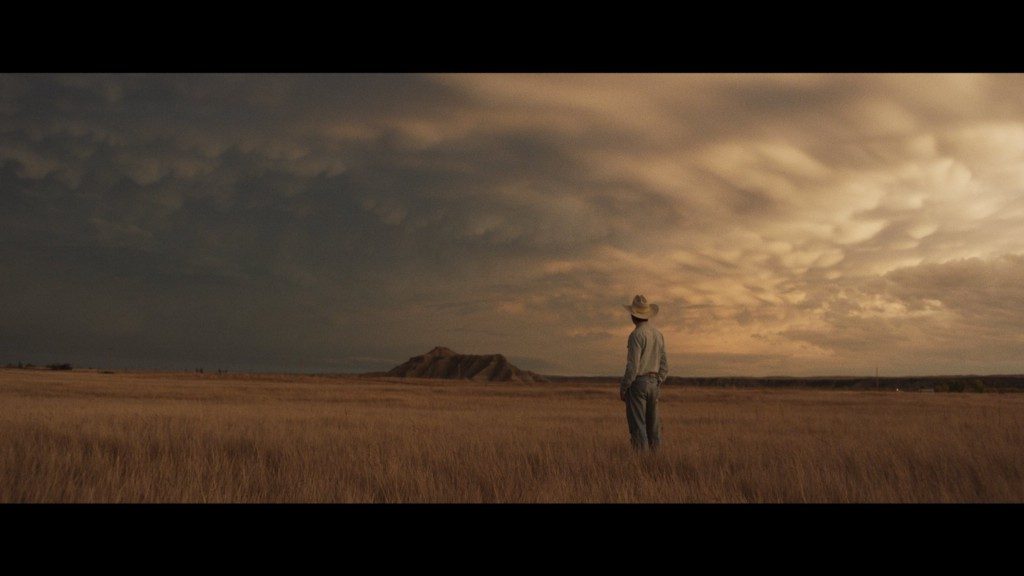Chloé Zhao is an award-winning director and producer. Her first feature-length doc, 2015’s “Songs My Brother Taught Me,” was nominated for the Golden Camera Award at Cannes, the Grand Jury Prize at Sundance, and an Independent Spirit Award.
“The Rider” will premiere at the 2017 Cannes Film Festival on May 20.
W&H: Describe the film for us in your own words.
CZ: The film is about a young cowboy’s struggle to redefine himself after a near fatal rodeo accident ends his riding career.
W&H: What drew you to this story?
CZ: I was drawn to a way of life in the heartlands of America that seems to be rapidly disappearing, and I feel very compassionate towards people who refuse to move on and who try to hold on to their way of life and their identity.
W&H: What do you want people to think about when they are leaving the theater?
CZ: I hope people will see why it’s so difficult for these young men to let go of their cowboy identity and understand the risks and sacrifices they make for the sense of freedom they feel when they ride.
W&H: What was the biggest challenge in making the film?
CZ: Incorporating real life moments into the story while maintaining a cinematic approach was the biggest challenge. We were shooting at a lot of very unpredictable locations — sometimes you never know what can happen. It’s a challenge, but a very exciting one.
W&H: How did you get your film funded? Share some insights into how you got the film made.
CZ: The film was funded by Caviar Content and my own production company Highwayman Films. We were also fortunate to receive a 50,000 post-production grant from IWC and Tribeca Institute.
W&H: What does it mean for you to have your film play at Cannes?
CZ: It’s an honor to return to Directors’ Fortnight. I’m very excited to share what I believe to be an authentic and hopefully very relatable portrait of the American heartlands with an international audience.
W&H: What’s the best and worst advice you’ve received?
CZ: The best advice I got was to pick projects set in worlds I’m most curious about, whether they are real or fictional, so I can always discover new inspirations during the often lengthy process.
The worst advice for me was the pressure to constantly network. It’s not for everyone and it can create a lot of noise and distractions from your own work, which can be counterproductive.
W&H: What advice do you have for other female directors?
CZ: Follow your gut instinct. It may not always be right, but it’s what makes your work unique.
W&H: Name your favorite woman-directed film and why.
CZ: “Ratcatcher” by Lynne Ramsay. It’s one of a group of films I watch religiously before production. There are so many wonderful visual ideas in that film. It’s one-of-a-kind.
W&H: There have been significant conversations over the last couple of years about increasing the amount of opportunities for women directors yet the numbers have not increased. Are you optimistic about the possibilities for change? Share any thoughts you might have on this topic.
CZ: I’m optimistic because audiences are hungry for different and unique storytelling. Our voices will inevitably break through.







